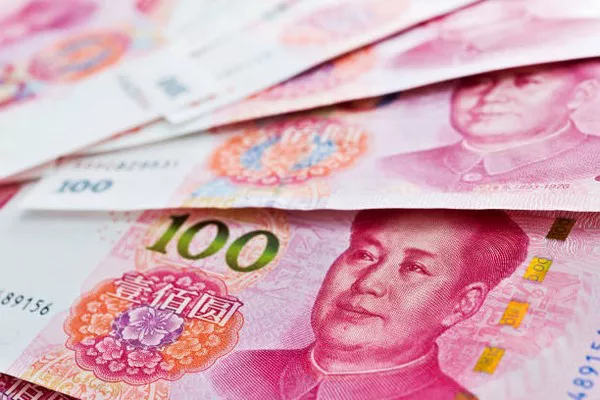In the globalized world of finance, individuals and businesses often find themselves engaged in cross-border transactions, requiring the seamless transfer of currencies. For those dealing with the Chinese Renminbi (CNY), the question of transferring CNH (offshore Renminbi) to China is a pertinent one. Understanding the intricacies of this process is crucial to ensure a smooth and compliant transaction. In this article, we delve into the factors influencing the transferability of CNH to China and explore the regulatory landscape surrounding such transactions.
Understanding CNH and CNY:
Before exploring the transferability of CNH to China, it’s essential to differentiate between CNH and CNY. The Chinese Renminbi (CNY) is the official currency of the People’s Republic of China and is used for domestic transactions. On the other hand, CNH refers to the offshore Renminbi traded in international markets. The “H” in CNH denotes Hong Kong, where the offshore market for Renminbi is primarily located.
Regulatory Framework:
The regulatory framework governing currency transfers plays a pivotal role in determining the feasibility of transferring CNH to China. The Chinese government tightly controls the flow of currency across its borders to maintain financial stability and control capital movements. Therefore, it is crucial for individuals and businesses to adhere to regulatory guidelines to avoid legal implications.
The State Administration of Foreign Exchange (SAFE), a regulatory body under the People’s Bank of China (PBOC), is responsible for overseeing foreign exchange transactions and enforcing related regulations. SAFE implements measures to prevent illegal capital outflows and ensures the stability of the Chinese currency.
Factors Influencing CNH Transfers to China:
Several factors influence the transferability of CNH to China, including regulatory restrictions, the purpose of the transfer, and the nature of the recipient’s account. Here are some key considerations:
1. Regulatory Restrictions:
Transferring CNH to China is subject to strict regulatory controls. SAFE issues guidelines and regulations that dictate the conditions under which such transfers are permitted. Compliance with these regulations is essential to avoid legal repercussions.
2. Purpose of the Transfer:
The purpose for which the CNH is being transferred plays a crucial role. If the transfer is for legitimate trade or investment purposes, it is more likely to comply with regulatory requirements. On the other hand, transfers for speculative or non-genuine transactions may face increased scrutiny.
3. Recipient’s Account Nature:
The type of account held by the recipient in China matters. For example, transferring CNH to a business account may have different regulatory implications compared to transferring funds to an individual’s personal account. Understanding the recipient’s account type is essential for compliance.
Navigating the Process:
For individuals or businesses looking to transfer CNH to China, it is imperative to follow a structured and compliant process. Here are steps that can be taken:
Consult Financial Institutions: Seek guidance from financial institutions that specialize in cross-border transactions. Banks and other financial service providers can provide insights into the regulatory landscape and offer assistance in navigating the process.
Compliance with Regulations: Ensure strict adherence to the regulations set forth by SAFE and other relevant authorities. This may involve providing documentation that validates the purpose of the transfer and the legitimacy of the transaction.
Use Approved Channels: Utilize approved channels for CNH transfers. SAFE designates authorized banks and financial institutions through which such transactions can take place. Using these approved channels enhances the likelihood of a successful and compliant transfer.
Verify Recipient Information: Accurate information about the recipient, including details about the recipient’s account and the purpose of the transfer, is crucial. Any discrepancies in information may lead to delays or rejection of the transaction.
See Also Is 1000 Yuan A Lot Of Money In China?
Conclusion:
Transferring CNH to China involves navigating a complex regulatory landscape, and compliance with the rules set forth by authorities is paramount. As China continues to open its financial markets to the world, individuals and businesses must stay informed about the evolving regulatory environment. Seeking professional advice and relying on authorized channels are key steps in ensuring a seamless and compliant CNH transfer to China. By understanding the factors influencing these transactions, stakeholders can make informed decisions that align with regulatory requirements and contribute to the stability of cross-border financial activities.


